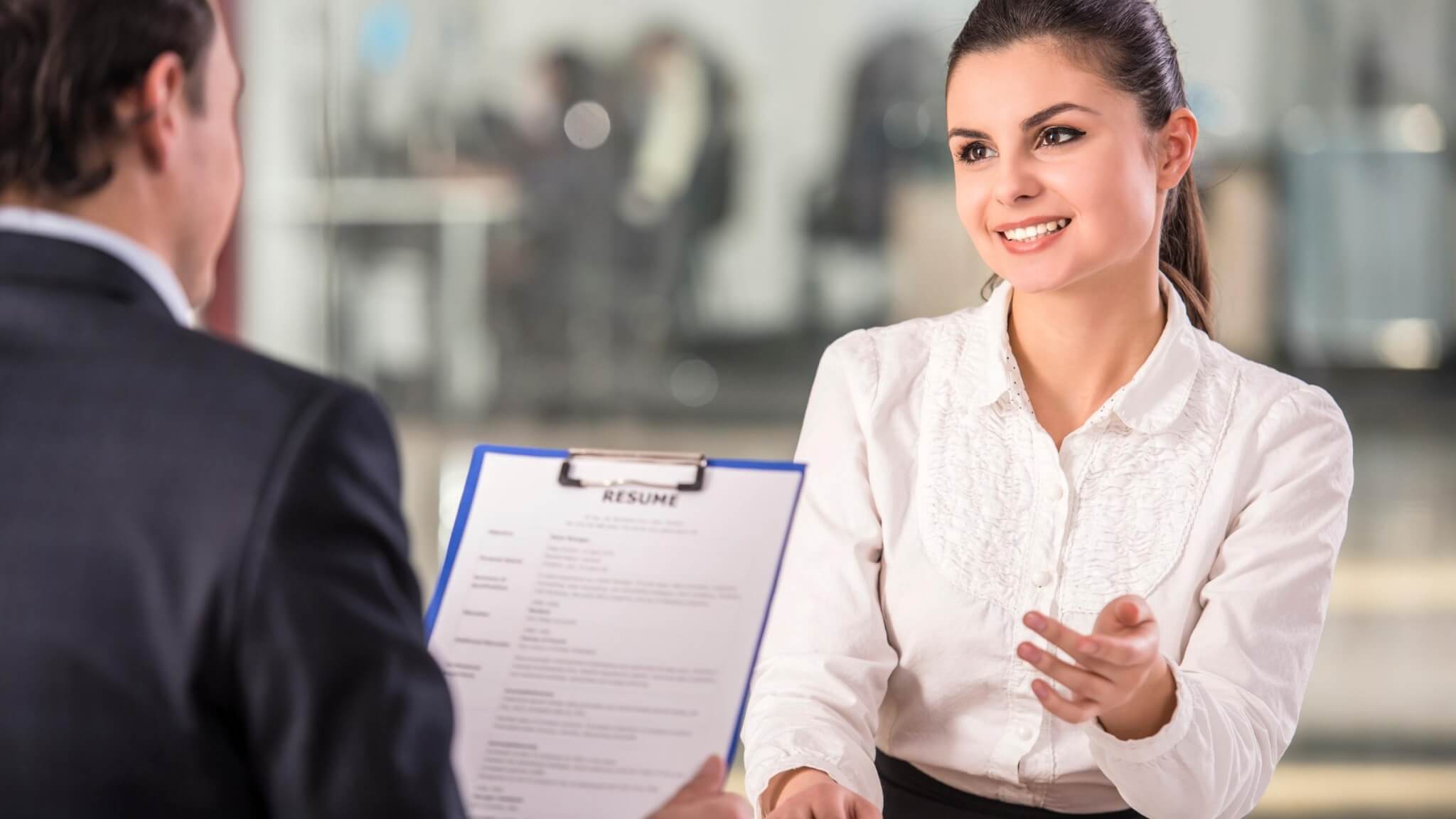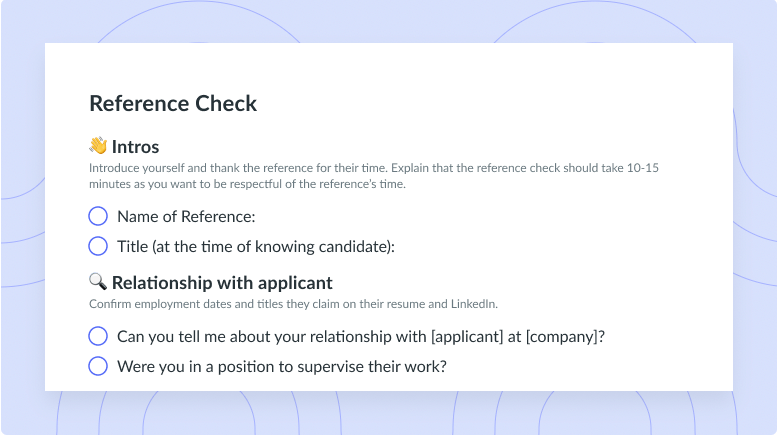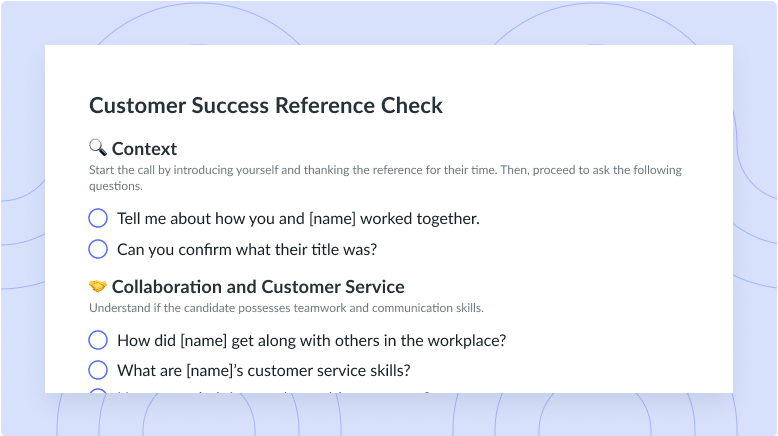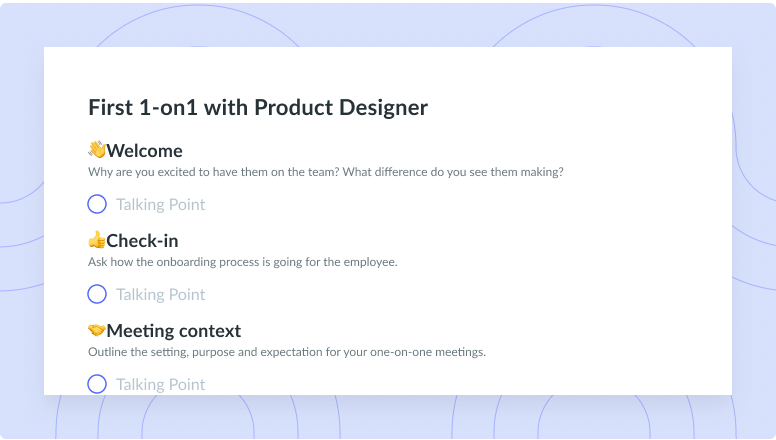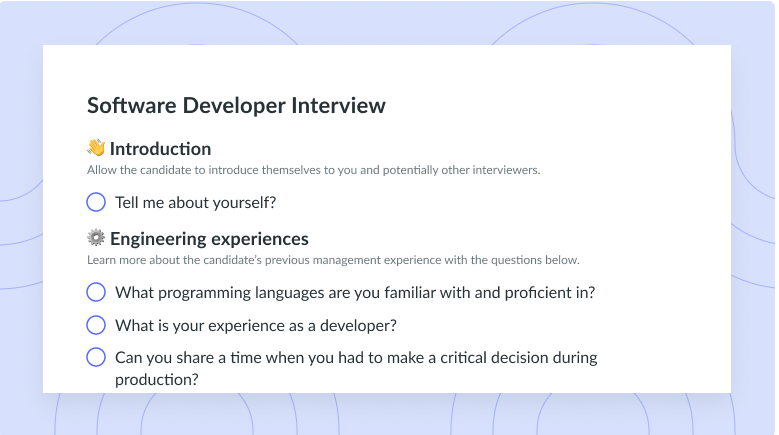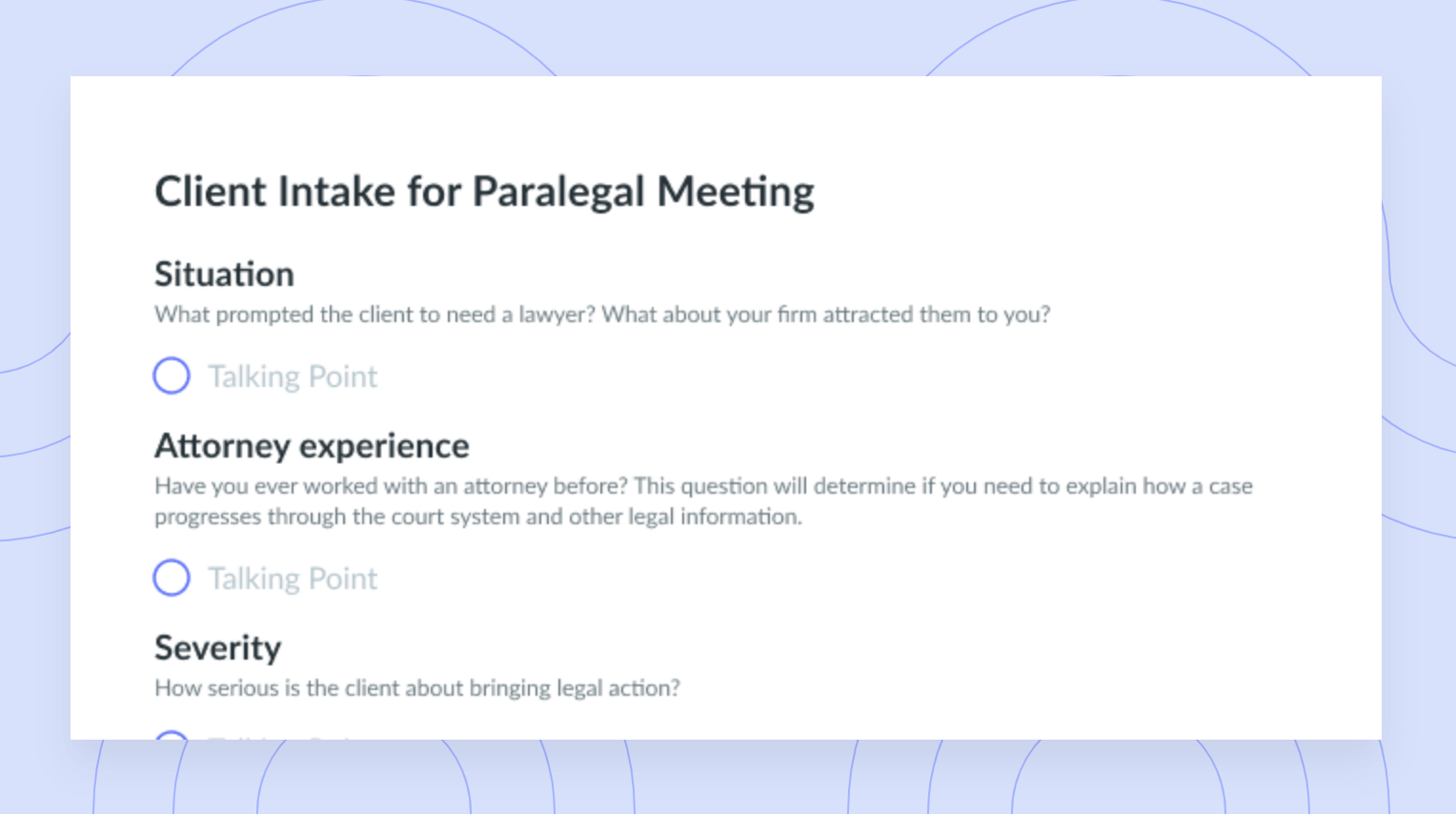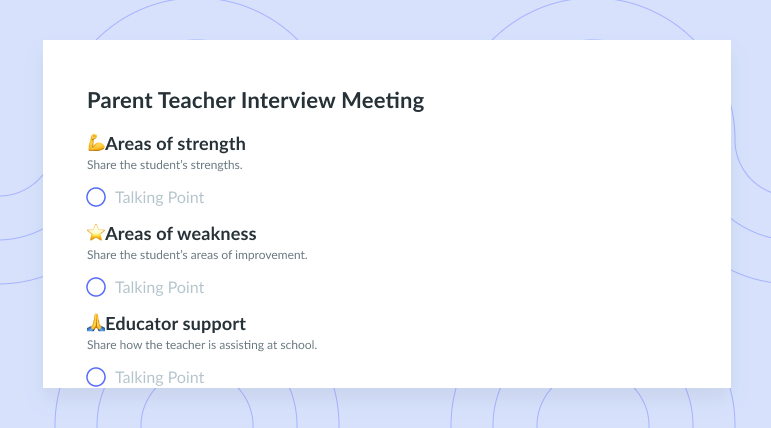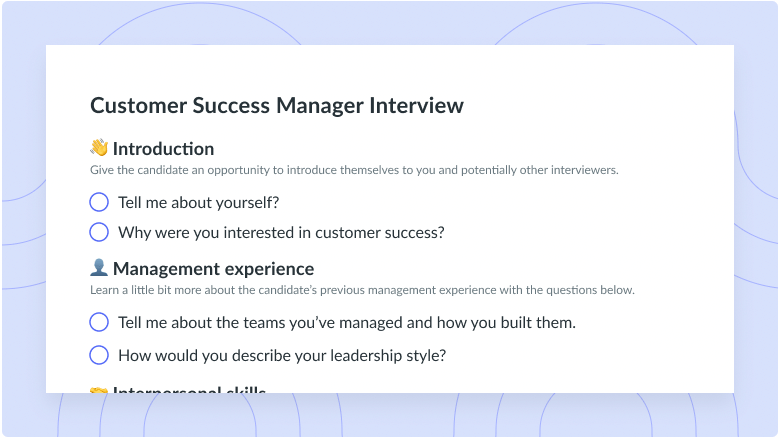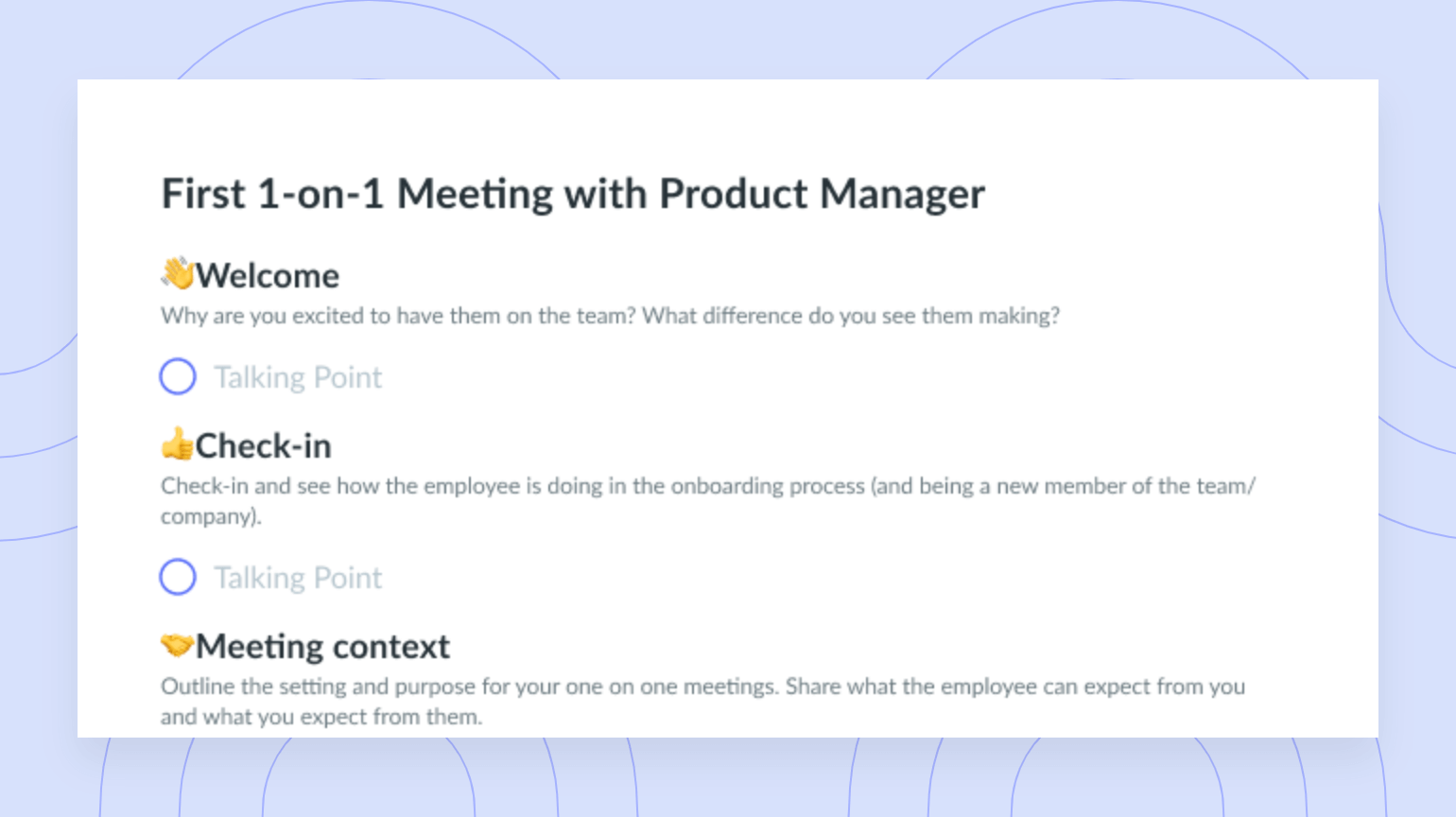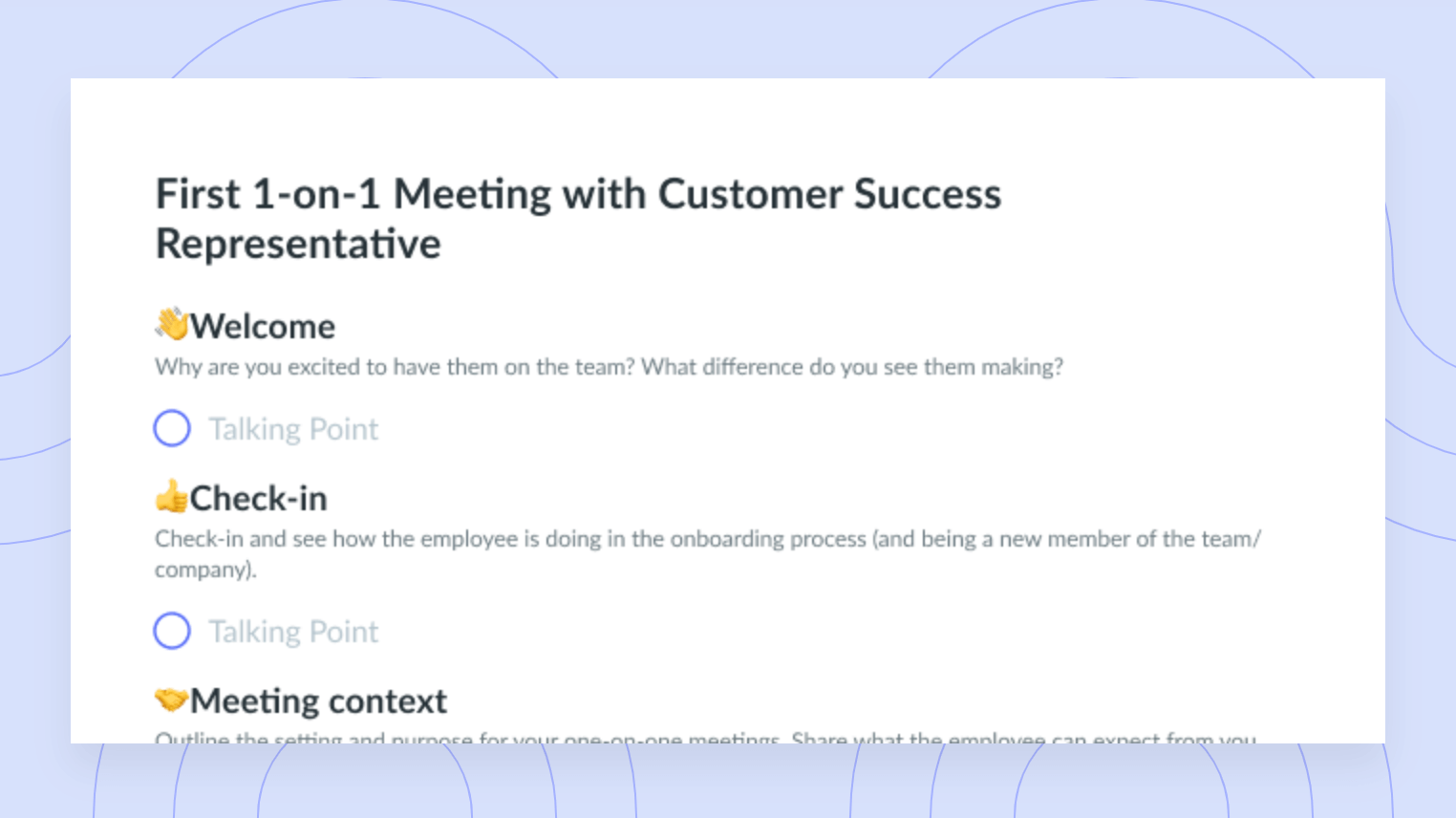How to Write a Thank-You Email After an Interview: 6 Tips
A strong thank-you email after a job interview can significantly enhance your first impression and distinguish you from other candidates.
We’ve all been there: You go in for a job interview and really connect with the hiring manager. You show your skill set, passion for the opportunity, and interest in the organization—you do everything right. And yet, you don’t make it to the second round of interviews.
It’s entirely possible this comes down to one thing: You never sent an interview thank-you email.
Sending a thank-you email after a job interview can seriously build on your strong first impression. Here’s how to write a unique thank-you email after an interview to restate your fit for—and continued interest in—the organization and opportunity.
- Why you should send a thank-you note after an interview
- When to send a thank-you email after an interview
- How to write a thank-you email
- What to avoid in your thank-you email
- 4 examples of thank-you emails
Why you should send a thank-you note after an interview
Sending a post-interview thank-you email is important because:
- It recaps your conversation. A hiring manager who sees that you’ve jotted down your interview’s key points and action items realizes you’ll take great notes on the job, too.
- It shows that you respect the hiring manager’s time and interest. Hiring managers are busy people. Showing that you appreciate them using their time to speak with you distinguishes you from other candidates.
- It shows that you’re still interested. Sending a post-interview thank-you email is a great way to confirm that, after your conversation, you remain as drawn to the role as ever.
- It’s basic interviewing etiquette. If anything, a short thank-you email after an interview is a requirement, not just a nice gesture. Not sending a thank-you email thus risks the interviewer not moving you forward in the hiring process.

Stay present during interviews
Fellow’s AI meeting assistant takes care of recording and transcribing meetings so participants can stay focused and engaged in the discussion.
When to send a thank-you email after an interview
Ideally, you should send an interview thank-you email within 24 hours of your conversation. The sooner, the better, but maybe not the moment you walk out the door—two or three hours later may be best. This way, you reestablish contact when the conversation remains fresh on the interviewer’s mind but not so soon that you overwhelm them.
How to write a thank-you email
Take a seat and open your inbox—here’s how to write an interview thank-you email.
- Include the basics
- Show your continued interest
- State that you’re open to questions
- Consider to whom you’re writing
- Be professional, but be yourself
- Go beyond email, but only when appropriate
1Include the basics
Although it’s called a thank-you email, you’d be surprised how often people forget to express their gratitude. To start, thank the interviewer for their time and the discussion in your first sentence. Before that, though, include another basic part of the email—your interviewer’s name. Use the name they introduce themselves as in person—maybe their email says Maxwell, but they go by Max in conversation. Additionally, if more than one person interviewed you, be sure to send each of them a follow-up email after the interview.
2Show your continued interest
In just two paragraphs of two sentences each, show the interviewer why you remain drawn to the role. Name some things you learned during the interview that are why you’re even more interested now. Mention your initial reasons for applying for the role as well. The more you can show that your initial draw remains and is only growing with time, the better. Using a tool like Fellow’s AI Meeting Copilot and can make it easy to refer back to what was discussed in the call.
3State that you’re open to questions
To end your thank-you email, tell the interviewer that you’re happy to answer any questions they have. This goes hand-in-hand with an ending phrase along the lines of, “I look forward to speaking more with you soon.” You’ll create new opportunities for conversation while confirming that you’re open to talking more about the role.
4Consider to whom you’re writing
Sometimes you’ll speak with an outside recruiter rather than an in-house hiring manager during an interview. Additionally, if you make it far enough in the interview process, you might get to speak with an executive. Thank-you emails to recruiters, hiring managers, and executives should look different from one another.
Executives may want to hear more about what attracts you to the role in terms of vision and leadership. Hiring managers might want you to remind them of how the role’s technical or skills-based requirements draw you in. Recruiters might simply want to know that you check all the boxes on the job application. Write your thank-you email accordingly.
5Be professional, but be yourself
If you’re not a buttoned-up person in conversation, don’t restrict yourself this way in email. At the same time, don’t be so casual that your email looks like something you’d send from your personal inbox. Be professional, but don’t mask your authentic self in overly formal language. “Thank you for the insightful conversation earlier today!” might ultimately beat “I would like to thank you for your time earlier today.”
6Go beyond email, but only when appropriate
Everyone gets tons of emails every day, so a snail-mail thank-you note can distinguish you from the pack. However, if you’ve done a remote interview and you haven’t been told the hiring manager’s work address, don’t send snail mail. You could be violating a boundary.
Similarly, don’t reach out to an interviewer on LinkedIn if you haven’t already been talking there. However, if you arranged the interview through LinkedIn, sending your thank-you note in a direct LinkedIn message is absolutely acceptable. Use the interview’s email address if you have it, but if not, LinkedIn works too.
What to avoid in your thank-you email
Although interview thank-you emails are short enough that there aren’t a ton of opportunities to make mistakes, it’s not impossible. Avoid the three common slip-ups below.
- Making typos
- Creating more work for the interviewer
- Expanding on your answers to interview questions
1Making typos
It’s well worth your while to ask a friend or coworker to read your email. Their fresh eyes—this is their first time reading the email, unlike you—can catch typos that spell-check might miss. That’s important: Although typos are common, they do still make you appear less professional. After a great interview, that’s exactly the kind of appearance you want to avoid.
2Creating more work for the interviewer
Technically, any thank-you email creates more work for the interviewer since they have to read and reply. That, though, takes all of two minutes—it’s par for the course. The problem starts when you ask the interviewer to do more than that. You could come off as disrespecting the interviewer’s time and appear difficult to work with. That, of course, does nothing to help your chances of getting the job.
3Expanding on your answers to interview questions
A thank-you email is an expression of gratitude and a very brief recap of what you discussed with the interviewer. It’s not a place to add more to the answers you gave during the interview. Doing so can make you appear as though you went into the interview unprepared. A hiring manager who thinks you didn’t fully bring yourself to the table is much less likely to hire you.
4 examples of thank-you emails
After your next interview—whether it went great or you bombed it—use the below examples of a thank-you email after an interview to start writing.
1After a first interview
Subject line: Thank you for meeting with me today
Hi [interviewer’s name],
Thank you for making the time to meet with me earlier today. I enjoyed speaking with you about the [job title] position and learning more about what my role at [organization] would entail.
Our conversation made it even clearer to me that I would enjoy the role given [two reasons that came up during your interview]. I’m confident that [two key qualifications that came up during your interview] would make me a strong fit for the role.
I look forward to speaking with you more about this opportunity, and I remain available for any questions you have. Thank you again.
[Your name]
2After a video interview
Subject line: Thank you for meeting with me on today
Hi [interviewer’s name],
Thank you for making the time to meet with me earlier today on . I appreciated our conversation about the [job title] opening and what I would do in this role. I also wanted to apologize once again for the technical issues on my end and thank you for your patience as I fixed them.
Our conversation has further convinced me that I would enjoy working as [organization]’s [job title] because [two reasons that came up during the interview]. I believe that [two key qualifications that came up during the interview] would make me an ideal fit for the role.
I look forward to speaking with you further about this opportunity, and I am fully reachable for any questions you have. Thank you again.
[Your name]
3After a bad interview
Subject line: Thank you for meeting with me today
Hi [interviewer’s name],
Thank you sincerely for making time earlier today to speak with me about [organization]’s [job title] opening. I was grateful to discuss [organization]’s focus on [mission and vision topics from the interview], and I remain excited about the opportunity to contribute my [two relevant skills or experiences from the interview] to further your goals.
I also wanted to thank you for your patience again. I may have been unclear with some of my answers, but this came from a place of being so excited about the opportunity that I wasn’t sure where to begin when I started speaking. In my work as [job title], you can confidently expect [one or two relevant skills that counter the problems from your interview].
I will be grateful to receive continued consideration for this role, and I remain available for any questions you have. Thank you again, and I look forward to speaking more soon.
[Your name]
4After a second interview
Subject line: Thank you for meeting with me again
Hi [interviewer’s name],
Thank you for meeting with me a second time as we discuss the prospect of me working as [organization]’s [job title]. I’m grateful that you took the time to share more about [organization]’s upcoming plans with me and where I might fit into them.
You may recall from our conversation that I worked on [a relevant project from the interview], and I’d be elated to use my experience from this project as your [job title] to power your upcoming plans. You can find more details of my work on this project at [link to your portfolio] or in [link to a document with the details].
I’m excited to continue discussing this opportunity with you. Please contact me with any questions you have whenever is convenient for you. Thank you again.
[Your name]
Make a great first impression with Fellow
Interview thank-you emails are often easier to write when you have a written record of your conversation. Enter Fellow, which you can use to automatically send meeting summaries that recap what was discussed and impress interviewers. Once you get hired, use Fellow’s meeting agenda templates to guide your first one-on-one meeting, email people who miss meetings, and send meeting invite emails. Try it out for true excellence before and after you’re hired!
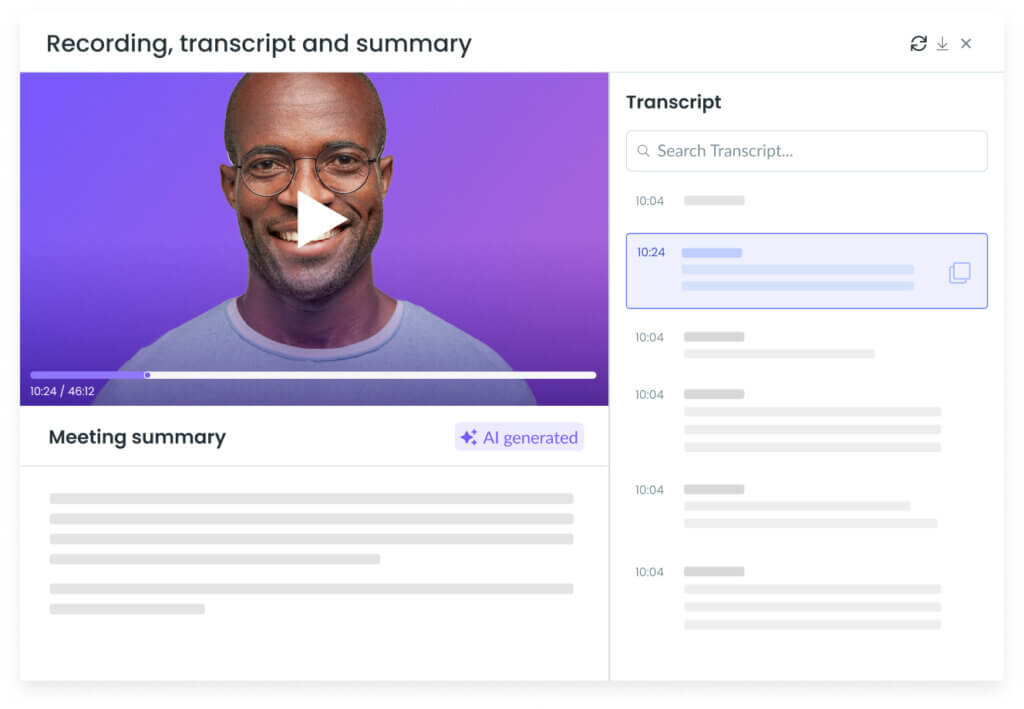
![How to Write a Thank You Email After a Meeting [+Template]](https://fellow.app/wp-content/uploads/2023/12/thank-you-for-the-meeting-email-2.jpg)


